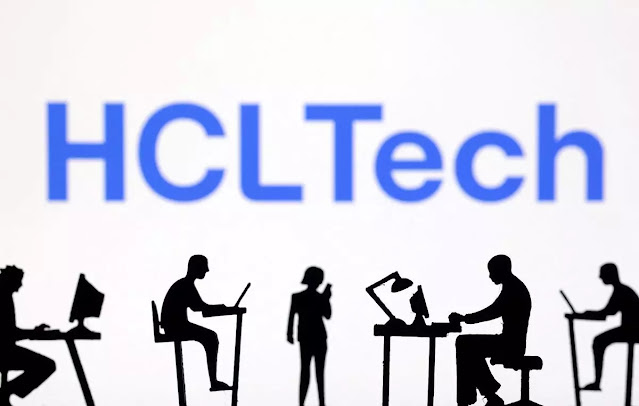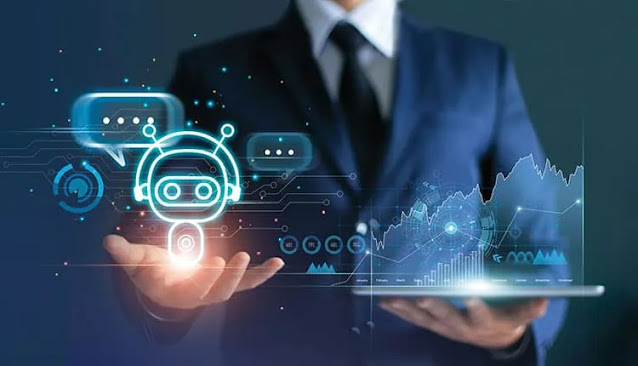Will AI Save Humanity? US Tech Fest Offers Reality Check:
The burgeoning field of artificial intelligence (AI) has been the focus
of countless debates, discussions, and dissertations. At the heart of these
conversations lies a question that is both profound and polarizing: Will AI
save humanity? This question took center stage at a recent US Tech Fest, where
the brightest minds in technology converged to offer a reality check on the
state and future of AI.
Envision Of AI:
AI, with its sophisticated
algorithms capable of automating tasks, making decisions, and analyzing
mountains of data, has been around for decades. Yet, it's only in recent years
that its potential for transformative impact on society, economy, and daily life
has truly been recognized. From healthcare and education to climate change and
space exploration, AI's potential applications seem boundless. However, as we
stand on the brink of what many are calling the fourth industrial revolution,
it's crucial to examine both the promises and perils that AI brings.
The Promises of AI:
Proponents of AI argue that its benefits are too significant to ignore. In healthcare, AI is already diagnosing diseases accurately surpassing human doctors, personalizing treatment plans, and predicting outbreaks. In education, it's tailoring learning experiences to individual students, thereby democratizing access to knowledge. Environmental scientists are leveraging AI to model climate change scenarios and devise more effective conservation strategies. And these examples barely scratch the surface of AI's potential to improve lives.
Furthermore, AI's role in
automating mundane and repetitive tasks could usher in a new era of
productivity, freeing humans to pursue more creative and meaningful work. The
vision is one of a harmonious coexistence, where AI handles complexity and
drudgery, and humans focus on innovation and interpersonal connections.
The Vulnerability of AI:
However, the US Tech Fest highlighted that this rosy vision is not
without its thorns. Critics and skeptics of AI raised valid concerns about job
displacement, privacy invasion, and the exacerbation of social inequalities.
The automation of jobs, while boosting productivity, also risks widening the
gap between the skilled and unskilled, the rich and the poor. The pervasive
data collection necessary for AI's operation poses serious privacy issues, with the potential for misuse by corporations and governments alike.
Perhaps most alarmingly, developing autonomous weapons systems presents ethical dilemmas and the
terrifying prospect of AI-driven conflicts. Moreover, the lack of transparency
and accountability in AI's decision-making processes can lead to biases and
errors, further eroding public trust.
The US Tech Fest served as a potent reminder that the future of AI, and
by extension humanity, hinges on careful stewardship. The key lies in striking
a balance between harnessing AI's potential for good and mitigating its
risks. This requires a collaborative effort involving policymakers,
technologists, ethicists, and the public.
Regulatory frameworks need to evolve to keep pace with AI's advancements, ensuring ethical standards are upheld. Education systems must adapt to equip people with the skills necessary to thrive in an AI-augmented world. Transparency and accountability in AI's workings must be prioritized to build trust and prevent misuse.
Conclusion:
As we ponder the question, "Will AI save humanity?" the answer
appears to be neither a resounding yes nor an outright no. Instead, it is a
call to action—a challenge to navigate the complexities of a technology with
the power to reshape our world. The insights from the US Tech Fest underscore
the importance of a measured, informed approach to AI development, one that
recognizes both its immense promise and its potential perils. Ultimately, the
future of AI and humanity will be determined not by technology itself, but by
the choices we make in guiding its evolution.
COMPILED BY: NEERAJ KHATRI






Comments
Post a Comment